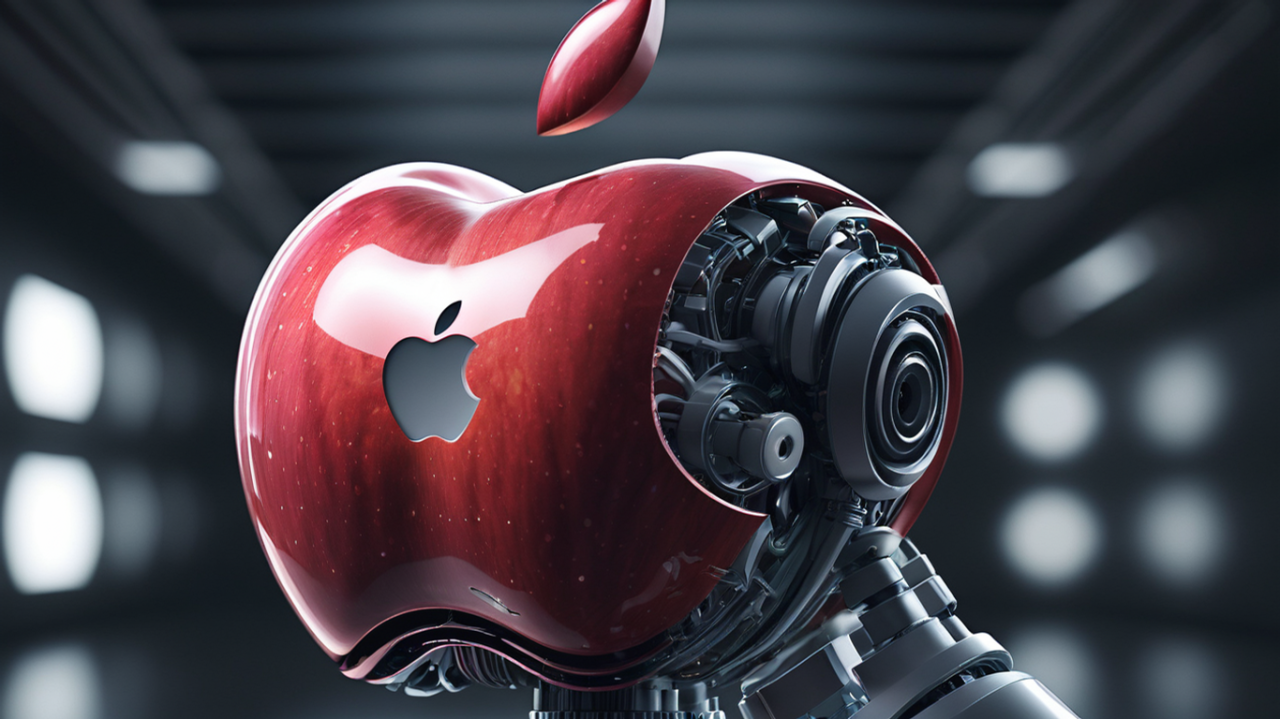Apple would likely wait, take notes, and redefine with AI, as with many features and apps
However, the company appears to have encountered the same obstacle as other AIs: Apple Intelligence, like other AIs, cannot perform any significant tasks even though it has refined some of the more controversial aspects of the technology.
Indeed, it serves a purpose. There are a few items. However, it appears to be a computationally intensive shortcut for routine duties, similar to many AI tools.
This is not inherently detrimental, particularly as inference—which involves the actual text analysis and generation—becomes sufficiently efficient to be transferred to the device.
Nevertheless, it was priced significantly higher. At the commencement of Monday’s “Glowtime” event, Tim Cook informed us that Apple Intelligence’s “breakthrough capabilities” will have “an incredible impact.”
:max_bytes(150000):strip_icc():focal(959x412:961x414)/tim-cook-2000-e9041b8472c1431991e8ac9de672d2ab.jpg)
Craig Federighi said it will “radically alter how you interact with your iPhone.”
The capabilities:
- Rephrase passages of text
- Concisely summarize emails and messages
- Create a fabricated emoji and clip art.
- Locate images of individuals, locations, and events.
- Research specific topics
Would any of those be considered an innovation? Numerous penmanship aides exist. Summary capability is inherent in virtually all LLMs.
Generative art has become synonymous with a dearth of effort. A trivial search of your photographs across any number of services can be conducted this way. A decade ago, our “dumb” voice assistants conducted Wikipedia searches on our behalf.
There is indeed some improvement.
Performing these tasks in a local and private setting is undoubtedly preferable; there are some new opportunities for individuals who cannot readily navigate a standard touchscreen interface, and there is a net increase in convenience.
However, none of it is particularly intriguing or novel. Beyond the anticipated problem fixes, there do not seem to have been any significant modifications to these features since they were released in beta following WWDC.
(Additional information will be available after we have had the opportunity to evaluate them.)
You would have expected that “Apple’s first phone designed from the ground up for Apple Intelligence” would provide significantly more. It has been discovered that the 16 will not be equipped with all the features mentioned; they will be included in a distinct update.
Is it a failure of technology or imagination? AI companies are already beginning to reposition their products as yet another enterprise SaaS tool rather than the “transformative” use cases that were so frequently discussed.
It has been revealed that these use cases were primarily just a repetition of information they discovered online. AI models can be exceedingly advantageous in the appropriate context; however, this context appears beyond your control.
There is a peculiar discrepancy between the effusive descriptions of these AI capabilities and their increasing commonality.
Apple has become more susceptible to the type of fierce promotion that it previously demonstrated through its innovation and restraint. The language was, if anything, more extravagant than usual, even though Monday’s event was the least thrilling in recent years.
Like other AI providers, Apple is engaging in the multi-billion-dollar game of make-believe, believing that these models are transformative and revolutionary even though almost no one finds them so.
Who could rationalize spending as much as these companies have when the outcome is that you can perform the same tasks as you did five years ago?
AI models may be authentically game-changing in specific areas of scientific research, on certain coding tasks, and potentially in materials and structural design.
They are also likely to be game-changing in media, although the outcome may not be entirely positive.
However, it appears that the features we are supposed to be enthusiastic about do not offer much that is novel, let alone revolutionary, if we are to rely on our eyes and fingers rather than Cook and Federighi’s reality distortion hour.
Ironically, Apple’s announcement has not afforded AI its “iPhone moment.”



